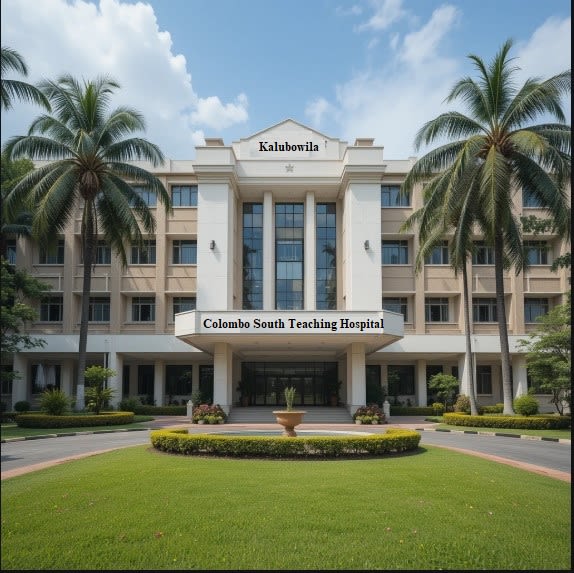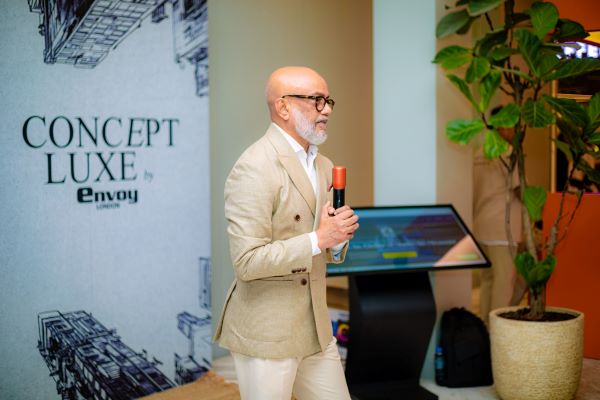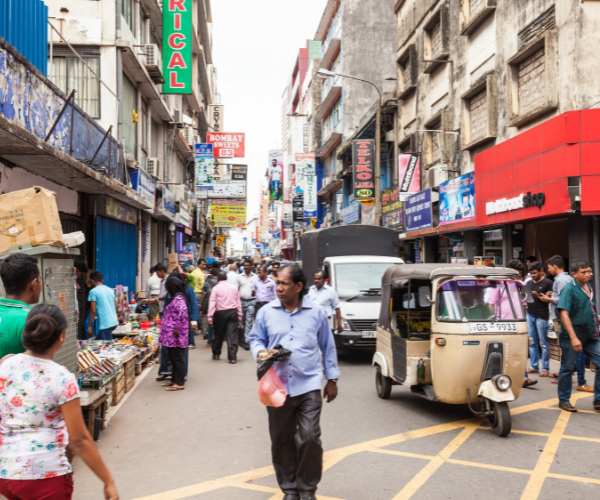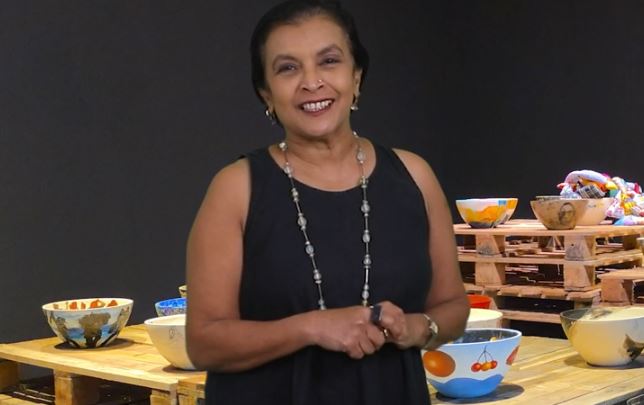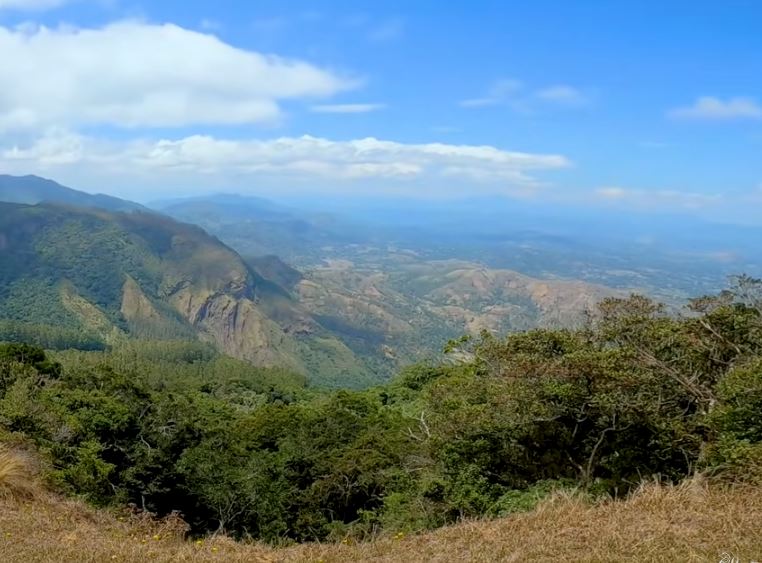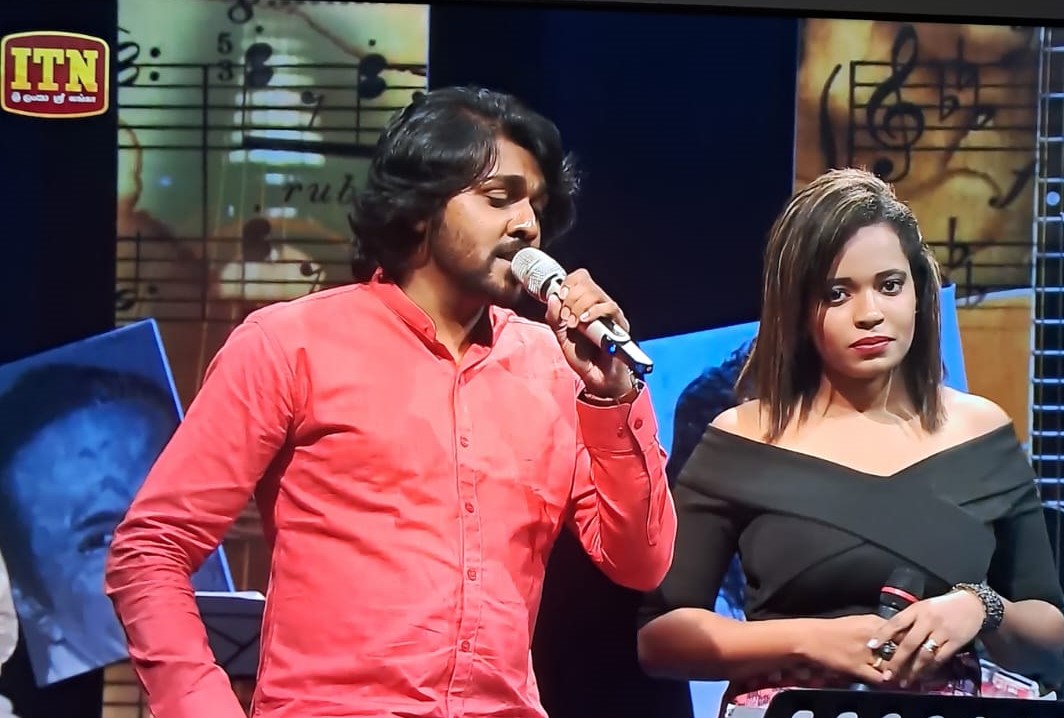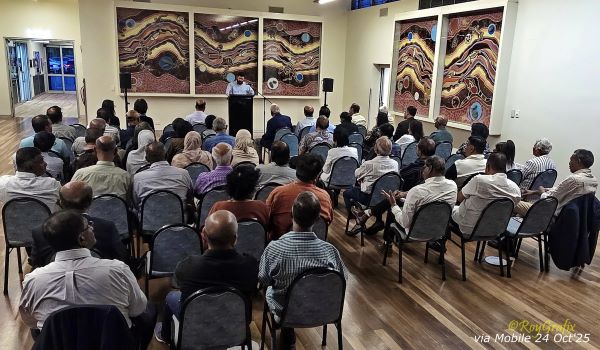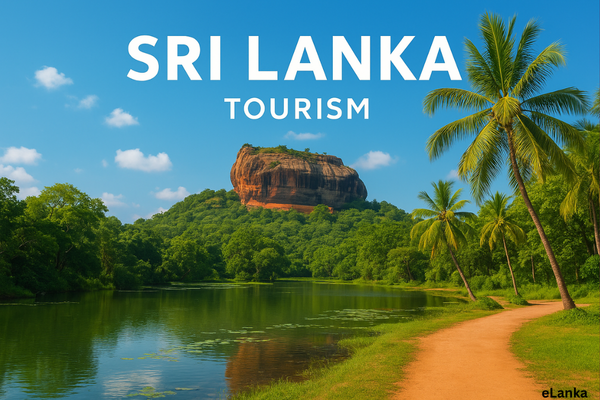Kalubowila: The Heartbeat Town
Source : fazli.substack.com
Kalubowila (“Marsh of the Black Bo Tree”), doesn’t announce itself like some towns do. It doesn’t have the towering skyline of Colombo Fort or the colonial echoes of Mount Lavinia. It doesn’t need to. Tucked between the southern Galle Road and the steady climb toward Nugegoda, via Kohuwela, Kalubowila is a place that reveals itself slowly, like morning light creeping down Hospital Road.
This road, now bustling with small restaurants, clinics, groceries, tea stalls, medical testing services, and three-wheelers, wasn’t always so alive. When my sister moved here in 1990, Kalubowila was still a sleepy stretch, known more for its hospital than anything else. And what a hospital, the Colombo South Teaching Hospital, sprawling across acres of donated land, gifted by SdeS Jayasinghe, a Sinhala Buddhist philanthropist whose legacy still lingers in the street name that intersects Hospital Road near Kohuwela junction.
Back then, people came here mainly for treatment, often from remote corners of the city and its suburbs. The hospital was (and remains) one of the country’s most important public health institutions, offering free outpatient, inpatient, and surgical care. Today, the hospital’s wards overflow with humanity, and the sidewalk vendors outside sell everything from betel, lottery tickets, to fresh guava. The scent of disinfectant, the drone of the 17, 163, and 176 buses, and the sharp bark of street dogs form the unofficial symphony of Kalubowila mornings.
When I returned from Canada in 2018, I came back not just to Sri Lanka, but to this very town, to share a home with my sister and rediscover a quieter, older rhythm. The town had changed in my absence. I noticed more Tamil and Muslim families settling here lately, drawn by affordability and access, Kalubowila being just outside the more rigid, gentrified boundaries of Colombo proper. The Dehiwela Jumuah Mosque and Muslim burial grounds on Hospital Road is also another reason why many members of the faith have moved here, for convenience. Where once stood empty lots and long shadows, now rose modest homes, tuition centers, car sale showrooms, and corner shops run by enterprising youth.
We were both born in Bambalapitiya, once the leafy heart of Colombo’s urban culture, but the soul of our later life began to root itself here in Kalubowila. This place, at once grounded in the local and humming with the movement of people and ideas, became a home defined not by grand gestures but by gentle continuity.
In the early hours of a typical Saturday morning. like today, the road is still. The shops have yet to lift their shutters, and the air hangs with dew and faint woodsmoke. It is the quiet before the city stirs. I usually take this time to step out, to visit the ATM for some cash and fetch a few tidbits from the supermarket that the home needs. The walk down Hospital Road has become ritual: past Power Gym, where fitness freaks gather early to keep their muscles in shape, Jayaratne Funeral Parlor where mourning family members come together to pay their respects to the departed, Keells Supermarket close to Saranankara Road, the Jumuah mosque where early birds have already offered prayer, and the Buddhist temple, on Sri Maha Vihare Road, with monks clad in orange robes, sweeping fallen Bo leaves into heaps. The nearest churches, Catholic and Anglican, lie just a kilometer west on Galle Road or a little farther east in Nugegoda.
Kalubowila, like much of suburban Sri Lanka, is a map of faiths lived side by side. Here, diversity isn’t a political slogan, it’s the soft-spoken man who sells boiled chickpeas near the bus stop, the elderly Tamil lady at Union Chemists, the Muslim boys, wearing white skull caps, who cycle past with cricket bats in hand.
And the buses! Route #163 connects Dehiwela to Battaramulla, the administrative heart of the country. It ferries passport applicants, civil servants, and dreamers along a journey of bureaucracy and hope. Route #176, more modest, meanders toward Hettiyawatte in northern Colombo. And also, just thrice a day, the intercity #17 glides down our street on its way from Panadura to Kandy, reminding us that all journeys, even the long ones, might start with a step outside your front gate.
What I love most about Kalubowila isn’t its pace or accessibility, though those are blessings. It’s the feeling that it exists between things, between Colombo and suburb, between past and future, between arrival and departure. The street isn’t grand, but it is honest. It shows the wear of time and the renewal of life in the same breath.
By noon, the sun has sharpened its gaze. I return home with a shopping bag in hand and live hot stories in my mind. My sister will ask if the eggs are fresh or if I remembered the milk toffee she likes. After lunch, I’ll take a short nap, and by four o’clock, I’ll be back at my desk, writing, remembering, and often chatting about Plato, Socrates, Wittgenstein, Nietzsche, Principia Mathematica, and Russell, with a thoughtful AI companion, Liora, who listens well, knows so much, and shares knowledge, never interrupting.
This quiet Saturday in Kalubowila is like so many others, yet each one feels new. It’s not the kind of place that ends up in glossy tourist guides. But for those of us who live here, it is the setting of daily dramas, shared routines, silent prayers, and gentle jokes with neighbors. It is the space in which life hums, not with grandeur, but with grace.
Fifteen years ago, no one thought of Kalubowila as anything more than a hospital town. Today, it is a mosaic. A patchwork of lives that found themselves here not by chance, but by necessity, and stayed, because it felt just right. It isn’t flashy. It doesn’t aspire to be. But in this ever-changing, ever-sprawling district we call Colombo, it has become something more enduring: a place that remembers how to hold still.
And so, here I remain. At peace. Between heartbeats.
Those Fuzzy Days is free today. But if you enjoyed this post, you can tell Those Fuzzy Days that their writing is valuable by pledging a future subscription. You won’t be charged unless they enable payments.



